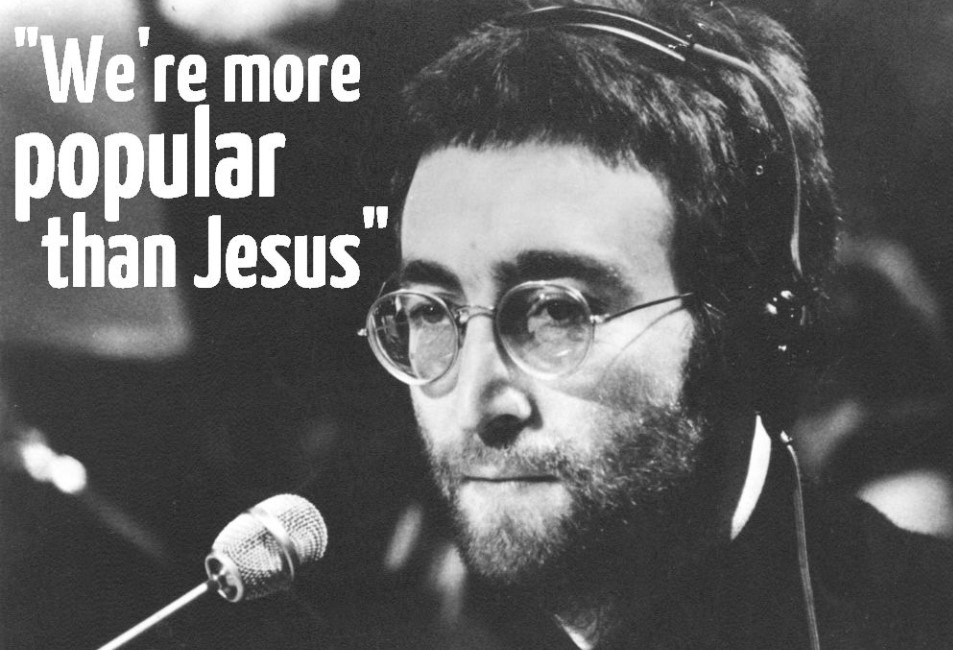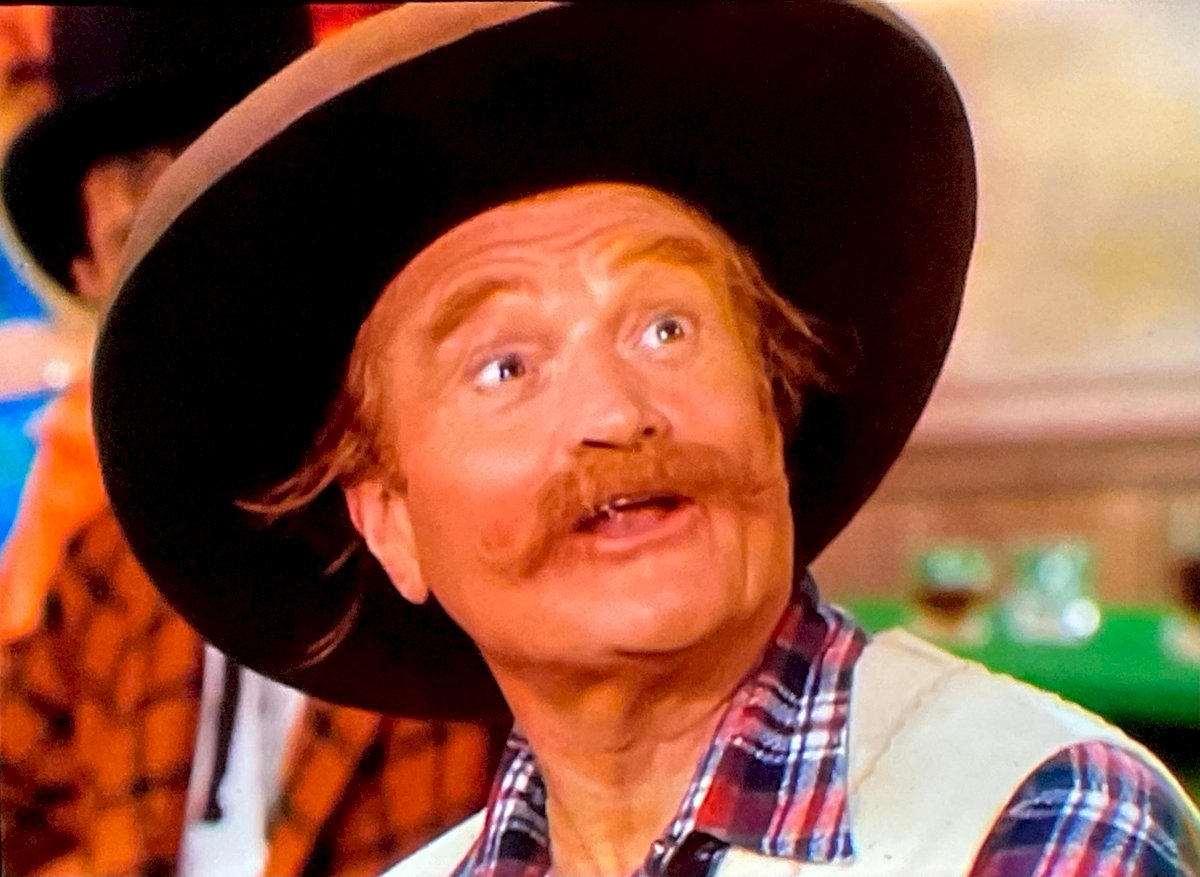The 11th Academy Awards ceremony on February 23, 1939, wasn't just about celebrating the best in film; it marked a pivotal moment in animation history. That night, a young Shirley Temple, already a box-office sensation, presented Walt Disney with a special honorary Oscar for his groundbreaking achievement: "Snow White and the Seven Dwarfs."

Snow White, released in 1937, was a monumental undertaking. It was the first full-length animated feature film, a gamble by Disney that revolutionized animation and captured the hearts of audiences worldwide. The film's technical brilliance, captivating story, and unforgettable characters like Grumpy, Dopey, and the villainous Queen Grimhilde solidified Disney's place as a pioneer in animation.
While Snow White wasn't nominated for any of the standard Academy Awards categories (animation wouldn't have its own category until 1941), the Academy recognized its undeniable impact. A special award was conceived, a full-size Oscar statuette accompanied by seven miniature statuettes representing the dwarfs – a fitting tribute to the film's innovation and charm.

The choice of presenter was equally significant. Shirley Temple, a six-year-old phenomenon with a mop of curly hair and an infectious smile, was the perfect representative for Snow White's target audience - children. Her popularity transcended age and demographics, making her the ideal choice to connect with the millions of children who had been captivated by the film.
The presentation itself was a moment etched in Hollywood history. A nervous but enthusiastic Shirley, dwarfed by the microphone, stood before the audience. With a child's innocent charm, she unveiled the statuette and exclaimed to Walt, "Isn't it bright and shiny? Aren't you proud of it, Mr. Disney?"

Walt, visibly touched, accepted the award with a gracious speech. He acknowledged the contributions of his entire animation team, the "men out back sweating over hot drawing boards," highlighting the collaborative effort that brought Snow White to life. The award wasn't just for him; it was a recognition of the dedication and talent of countless animators, artists, and storytellers at the Walt Disney Studios.
The night was a celebration of firsts. It was the first time animation received such recognition from the Academy, paving the way for future animated features. It was also a testament to the power of storytelling, a reminder that animation wasn't just for children, but a medium capable of captivating audiences of all ages.

Shirley Temple's presence as the presenter added another layer of significance. Her own meteoric rise to stardom paralleled the success of Snow White. They were both cultural icons, captivating audiences with their unique talents and personalities.
The image of Shirley presenting the award to Walt Disney is a lasting symbol of the innocence and wonder Snow White brought to the world. It cemented animation's place in Hollywood and signaled the dawn of a new era in filmmaking.

While the special Oscar may not have held the same weight as the standard categories, its impact was undeniable. It ignited a fire within the animation industry, inspiring future generations of animators and filmmakers. Today, Disney Studios stands as a titan in the entertainment industry, a testament to the vision and innovation that birthed Snow White and the Seven Dwarfs. And that night in 1939, with a young Shirley Temple and a special Oscar, the world witnessed the birth of a legend.



